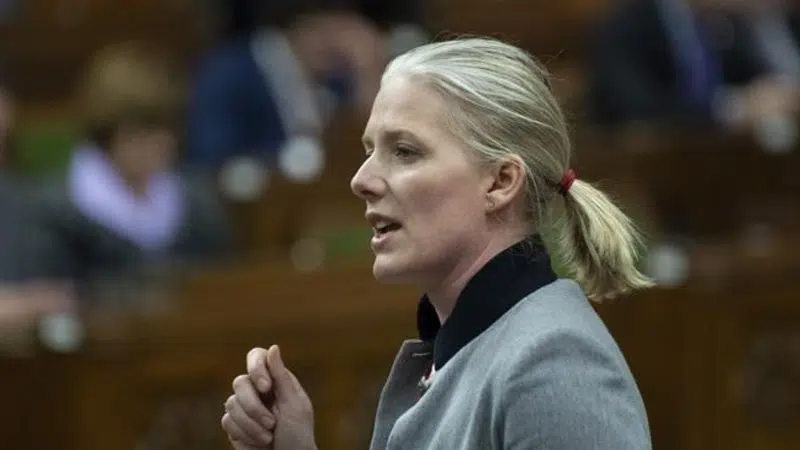
Liberals reject most Tory amendments to environmental assessment bill
OTTAWA — The federal Liberals will accept nearly 100 changes the Senate has made to a bill overhauling the federal environmental-assessment process for major construction projects but are rejecting dozens more, including nearly all of those proposed by Conservative senators.
Conservative Sen. David Tkachuk said he is “appalled” at the government’s decision.
“If you think Saskatchewan and Alberta are going to take this lying down, I think the country’s got another thing coming,” he said.
Environment Minister Catherine McKenna says she thinks some of the Senate’s proposals made the bill much stronger, including those that reduce the authority of the minister of the environment to interfere with timelines or the make-up of review panels, and some that clarify rules to ensure the same project won’t have to go through both a regional and a national review.


